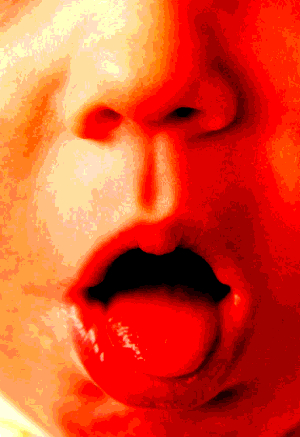Bugs blamed for breathing diseases
 A new study says bacteria colonising the airways of infants can increase their risk of respiratory illness and asthma.
A new study says bacteria colonising the airways of infants can increase their risk of respiratory illness and asthma.
The findings come from an investigation of the human respiratory microbiome, the community of bacterial and viral cells that live in the human body.
Asthma affects around 10 per cent of Australians, while respiratory illness is one of the most common causes of hospitalisation in children.
Dr Michael Inouye, a senior author on the new study, says there is a fast-growing body of evidence showing that the human microbiome is central to the development of many diseases.
“We know so little about the microbial communities inhabiting us, despite observations that the human body contains more microbial cells than human cells,” he said.
Dr Inouye’s latest research - funded by the National Health and Medical Research Council (NHMRC) – should help inform strategies to reduce the severity of childhood respiratory illness and risk of asthma, potentially through vaccinating against viruses and bacteria.
“Our data also show that the presence of Streptococcus in the nasal passages early in life was associated with chronic allergic wheeze at age five, suggesting a potential avenue for asthma prevention,” he said.
“The nasopharynx of infants is an important reservoir for bacteria and viruses, some of which appear to be associated with a healthy state and some which appear more frequently during acute respiratory illness... but further research needs to be done to understand the specific roles that the microbes play.”
Fellow researcher Dr Kathryn Holt said: “One of the most exciting aspects of this study is that it shows that what’s happening in the microbiome of babies impacts not only on their health at the time, but may also have long-lasting impacts in terms of the asthma development several years down the track”








 Print
Print